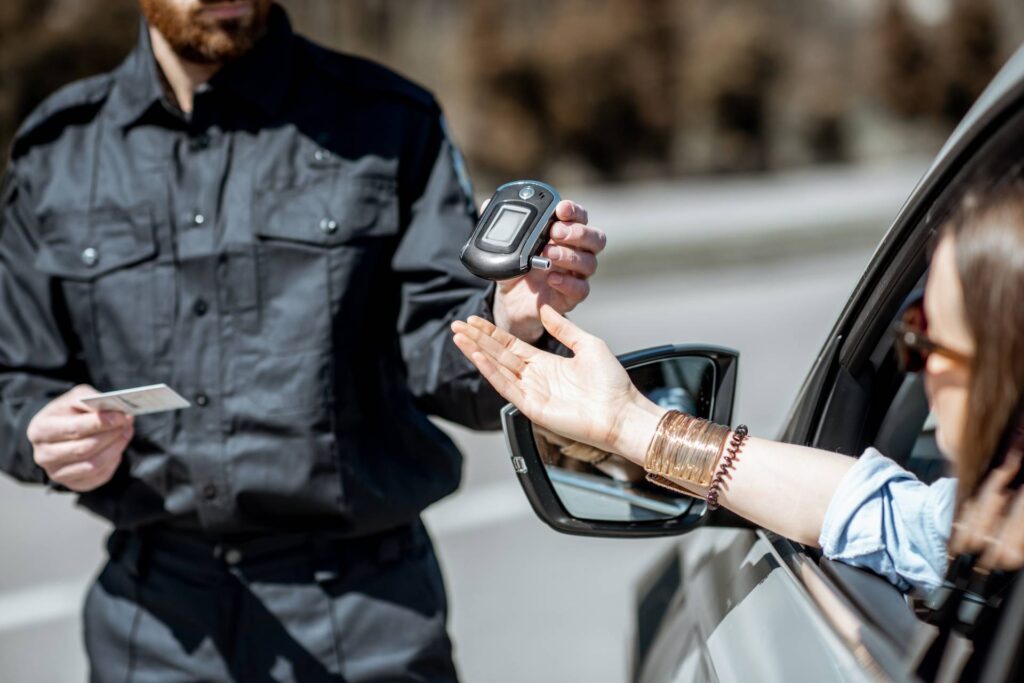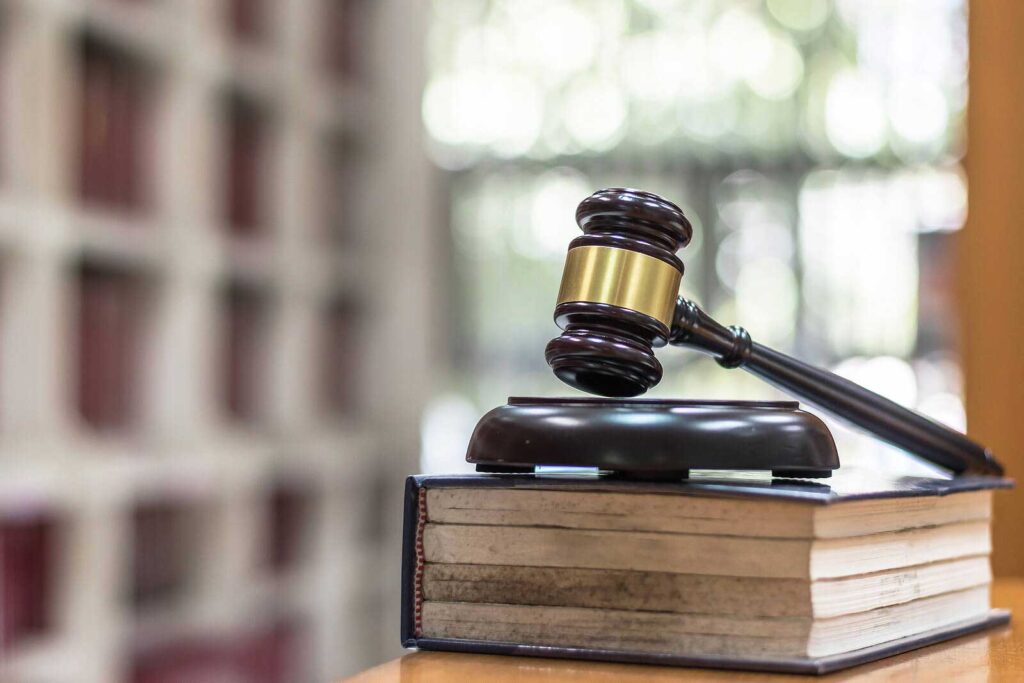In Massachusetts, two types of drugs can cause someone to be charged with a drug crime or drug conspiracy: Either the type of drugs known as illegal (cocaine, ecstasy, etc.) or drugs that are legal when prescribed by a licensed doctor to a specific person, but not if someone uses them without a prescription that’s specifically for them. Together, these two groups are known as controlled substances. There are numerous levels of crimes that involve drugs. Read on to learn more.
What Is Drug Conspiracy?
The word “conspiracy” legally means an illegal act that two or more people plan together. For a drug conspiracy, two or more people must plan a drug crime together, whether it’s possession, manufacturing, or selling or distributing controlled substances.
It doesn’t need to be a formal plan or highly complex. If the prosecutor can show that someone willingly joined in the idea of selling drugs with others, for example, that could cause them to be charged with drug conspiracy.

It’s important to understand that you could be arrested and charged with drug conspiracy, even if you had nothing to do with the crime. In some cases, prosecutors will file charges because they want the person charged to provide them with information about the actual criminals. No matter the reason for charging you, it’s still serious, and you should get an experienced criminal defense attorney working with you as soon as possible.
What Are the Potential Consequences for a Drug Charge Conviction?
There are many iterations of drug charges, each of which can vary based on the amount of drugs, the type of drugs, and whether or not this was a first offense. Below are general guidelines for a first offense of a small amount of drugs. The consequences increase with more offenses and larger amounts of drugs.
Possession
Possession means someone knowingly or intentionally has any amount of a controlled substance in their possession. How severe the consequences are depends on which category of drug it is. For a first-time offender, a conviction of having an illegal quantity of marijuana (the lowest level of controlled substances) might result in up to 6 months of imprisonment and a fine of up to $500. But a higher level drug such as heroin might result in up to 30 months imprisonment and a fine of up to $2,000.
Possession with Intent to Distribute a Controlled Substance
This means that someone not only possesses controlled substances illegally but also plans to sell or give them away. This could lead to imprisonment from 30 months to 10 years, depending on the type of drugs involved.
Distribution
This is a step up from the previous category in that the person charged tried to sell, transport, or illegally import controlled substances. Whether or not compensation was involved is irrelevant.

This could lead to a minimum imprisonment of up to 30 months, and the person’s driver’s license will be suspended for 3-5 years.
Trafficking
Trafficking is a broader category that involves not just distribution but manufacturing. Trafficking charges usually happen when there are significantly large amounts of drugs or the person charged crossed state lines with illegal drugs. Consequences vary vastly, with state prison terms of 1-20 years.
What Are the Potential Consequences for a Drug Conspiracy Conviction?
Someone convicted of drug conspiracy could receive the maximum sentence for the offense that was the subject of the conspiracy, along with the suspension of their driver’s license. That usually means that they could receive the maximum sentence for whatever type of drug crime they planned. If they’re charged with a drug crime with no conspiracy, there’s a better chance of getting a reduced sentence.

It’s crucial to remember that the prosecutor does not have to prove that the conspiracy was acted on, just that the people charged did plan to commit a drug crime and worked on the plan together.
What Are Potential Defenses for a Drug Conspiracy Charge?
Every case is unique, but there are several potential defenses that we can explore if you’ve been charged with drug conspiracy, such as:
- No intent. Conspiracy charges have to prove that everyone involved in the conspiracy intended to carry out the crime, even if they didn’t. If prosecutors can’t prove you had intent, you might be acquitted.
- Lack of evidence. If there is no evidence of your wrongdoing, or the evidence is minimal, it could be argued that there’s no case, or at a lack of a strong enough case for conviction.
- Left the conspiracy. If you can prove that you withdrew from the plans for the conspiracy before the crime was committed, that may help you in court.
Regardless of the defense, working with a criminal defense attorney is highly recommended if you’ve been charged with drug conspiracy.
What Should I Do if I’ve Been Accused of a Drug Conspiracy?
Call Toland Law, LLC, as soon as possible at 857-347-3701 to request a free consultation. Massachusetts prosecutors take drug cases seriously and will push to have the most severe consequences inflicted if someone is convicted. You need an experienced, knowledgeable criminal defense attorney who understands the laws and what’s at stake to work on your behalf. Call us today to learn how we can help you.









